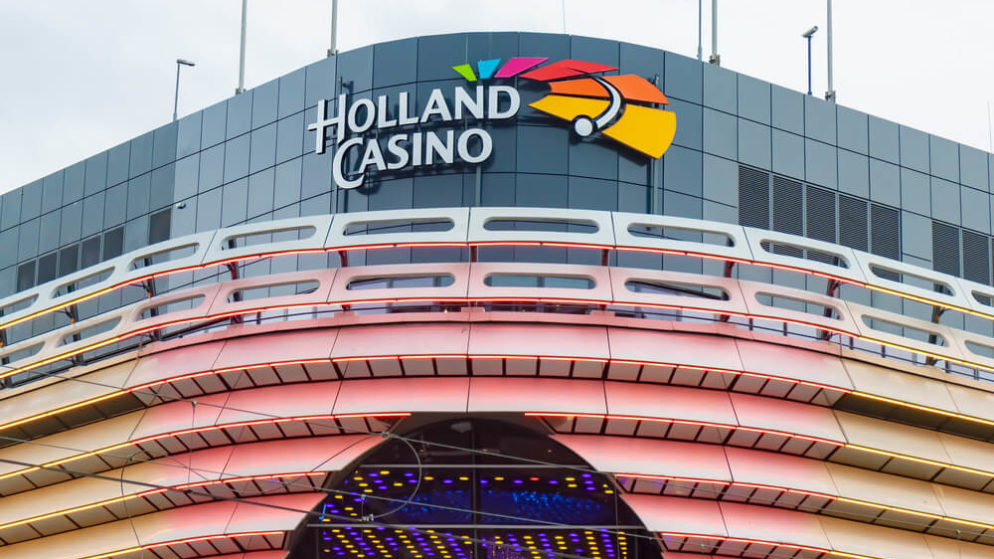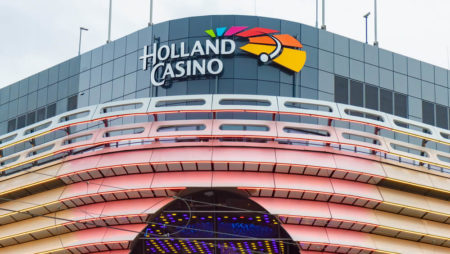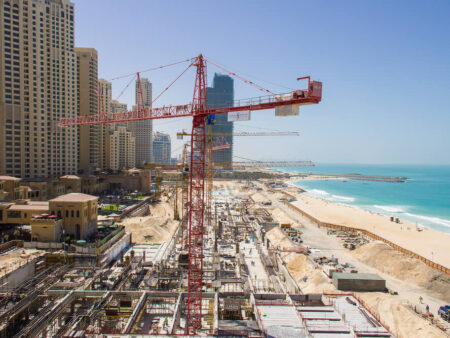

Although The Netherlands has a reputation of being quite liberal on a variety of controversial matters, when it comes to the many forms of gambling, the rules are quite strict. The contrast is remarkable. However, there is a light at the end of the tunnel regarding online gambling. In this article, we will take a closer look at the history of gambling in The Netherlands, online gambling, and the future of the industry.
A Look At The History of Gambling
Gambling in The Netherlands has a very long history. Records show that the first state-issued licenses for gambling and betting activities go as far back as the 14th century and have always been carefully controlled. It wasn’t until 1964 when all gambling activities in the country were seriously regulated by the Dutch government. The Betting and Gaming Act became law at the time and spelled out all the details on regulations for everything from card games to sports betting. The Act set the guidelines that could be reasonably enforced but compared to today’s gambling activities, is considered quite strict with the approach of gambling activities being “prohibited unless licensed.”
The original legislation remained untouched for decades with slight amendments in the late 1990s and early 2000s. The most recent development occurred in 2012 with the establishment of the Dutch Gaming Authority (Kansspelautoritet), an independent regulator. The body has been tasked with supervising all games of chance conducted within the country and is overseen by the Ministry of Justice and Security. It is in place to protect gamblers, prevent illegal gambling activities, and battle gambling addiction.
Gambling In The Netherlands Today
The Dutch Gaming Authority is still in place regulating all gambling activities in the country. Gambling is legal and permitted for all adults over the age of 18 years. The Dutch government holds a monopoly on all gambling including land-based casinos. The entity used by the government to operate these venues is known as Holland Casino and licenses to operate a gambling outlet in Holland are not available to any other local or foreign casino operator. In other words, Dutch business owners and offshore entities are not eligible for a license to operate within the Dutch boundaries. For offshore sites, that situation may change in the future. More on that in a moment.
More On Holland Casino
Holland Casino, as has been explained, is a state-run gambling company that has a monopoly on all gambling in the country. The company is also responsible for funneling gaming funds in support of policies aimed at preventing gambling addiction. The Dutch government uses the entity to operate fourteen land-based casinos. The first one to open in this arrangement was in October 1976. The profits from that venue, the Zandvoort Casino, and the other thirteen go directly into the treasury with the largest and most popular branch of Holland Casino being based in Amsterdam. Gaming options featured in these casinos include all the standard popular casino games such as blackjack, roulette, baccarat, video poker, slots, and other electronic games. In addition to the casinos, Holland Casino operates 42,000+ slot machines in several other locations throughout The Netherlands.
Online Gambling In The Netherlands
Online gambling has taken hold in The Netherlands in recent years. There were approximately 500,000 active online gamblers in 2015 and that number has tripled in 2021. Another way to gauge the popularity of online gambling is through the gaming revenue numbers. That totaled about $300 million in 2015 and went to over $3 billion in 2020 which verifies that there is a lot of online gambling activity. As it turns out, offshore gaming sites have been luring Dutch players, and the government has put in great efforts to curb that activity – going as far as blocking offshore sites – but Dutch gamblers are finding ways to enjoy their habit at any online gambling site that will take them. Not only are Dutch players welcome at places like the Nieuwe online casino, but many offshore sites have versions of their sites in the Dutch language. Plus, since the Dutch government can’t get a handle on offshore gambling sites, enforcement is virtually impossible so players keep signing up to these sites with no fear of penalty.
The Future
When you consider that the Dutch government has had a tight grip on gambling throughout the past and present, it is hard to imagine much of a change. However, with the ongoing growth of online gambling, lawmakers in The Netherlands may have to give in a bit and permit offshore sites to solicit Dutch gamblers. They already are doing this with a great deal of success, so maybe the best bet here is to lighten up on gambling on the internet. Steps have already been taken in this direction with the establishment of the Remote Gambling Act in 2019. The main purpose of this legislation is to open up the gambling landscape by making it possible for foreign gambling operators to apply for Dutch licensing. The act became law in 2021 and apparently, there have been many applications filed. It is not known how many of these offshore sites will become licensed, nor is there any indication on how many licenses will be issued. Only time will tell and it is fair to say that the Dutch government will act in a way that gives them the house edge.
Final Thoughts
It is funny in a way to see a government that is so relaxed about many controversial subjects have such a tight grip on gambling in the country. The Netherlands is known to be very open and free on such things as cannabis use and prostitution, but gambling, which generates a huge stream of income, is monopolized. The internet may be the tool that changes that stance as has been proven with the adoption of the Remote Gambling Act and the continued infiltration of offshore gambling sites. If you are betting on change, no doubt it is going to happen in The Netherlands.



